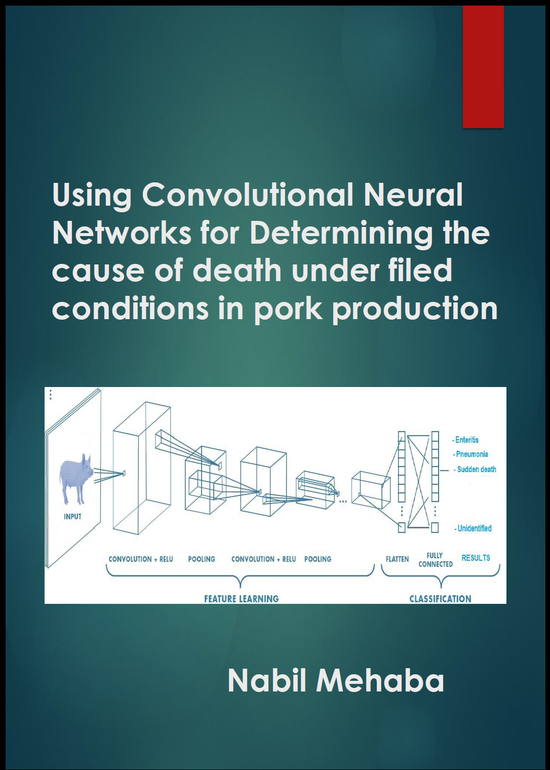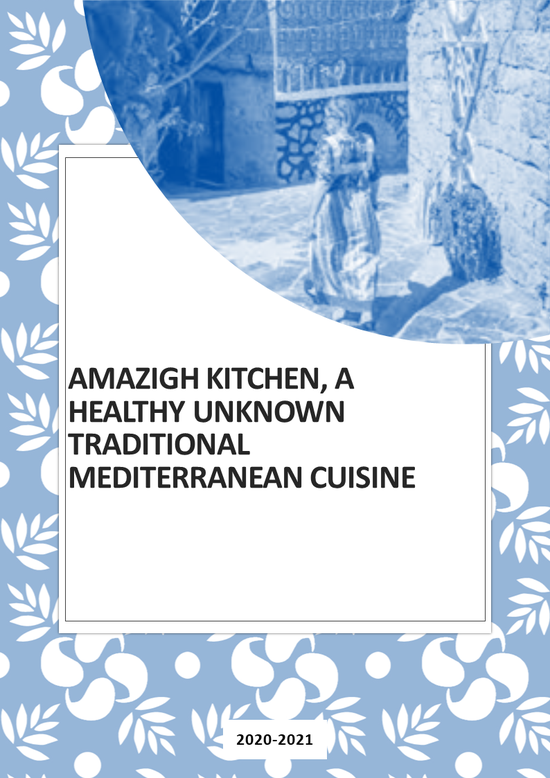What can I do for you?
Born in Tazmalt (Bejaia, Algeria), I am a Veterinarian, Msc in Animal Nutrition, Msc in Bioinformatics and Biostatistics, and Ph.D. in Animal Production at the Univ. Autonoma of Barcelona (UAB, Spain). I graduated as Veterinarian at the École Nationale Supérieure Vétérinaire d’Alger (ENSV, Algeria), then earned a MSc fellowship from the International Centre for Advanced Mediterranean Agronomic Studies (CIHEAM, Spain, 2013-2015) and obtained a joint Msc in Animal Nutrition at the CIHEAM-Universidad de Zaragoza.
Thanks to a grant from the Catalan Agency for Management of University and Research Grants (AGAUR 2016-2019) I followed a Ph.D. course in Animal production. afterwards, I worked as a Research manager/Clinical data analyst at Tests and Trials Ltd. Meanwhile, I was finishing a MSc thesis of a joint Msc degree in Bioinformatics and Biostatistics from Universitat Oberta de Catalunya and University of Barcelona. Afterwards, I started in Agroscope as a post-doctoral reasercher in systems statistical modelling. The Indicate project intends to develop indicators for positive and negative farm environmental impacts. Recorded by means of new digital technologies, these metrics are intended to support farmers in easily identifying and optimising the ecological services of their farms.
In this version of the website only the works done in english will be dispayed, for the other works consult the Spanish or French versions.
Interests
- Animal Production
- Dynamic system modelling
- Clinical trials
- Clinical and nutritional data analysis
Education
PhD in Animal Production, 2020
Autonomous University of Barcelona, Spain.
MSc in Bioinformatics and Biostatistics, 2021
Universitat Oberta de Catalunya, Spain.
Msc in Animal Nutrition, 2015
Zaragoza University, Spain
Doctor in Veterinary Medecine, 2012
École Nationale Supérieure Vétérinaire d'Alger, Algeria.




